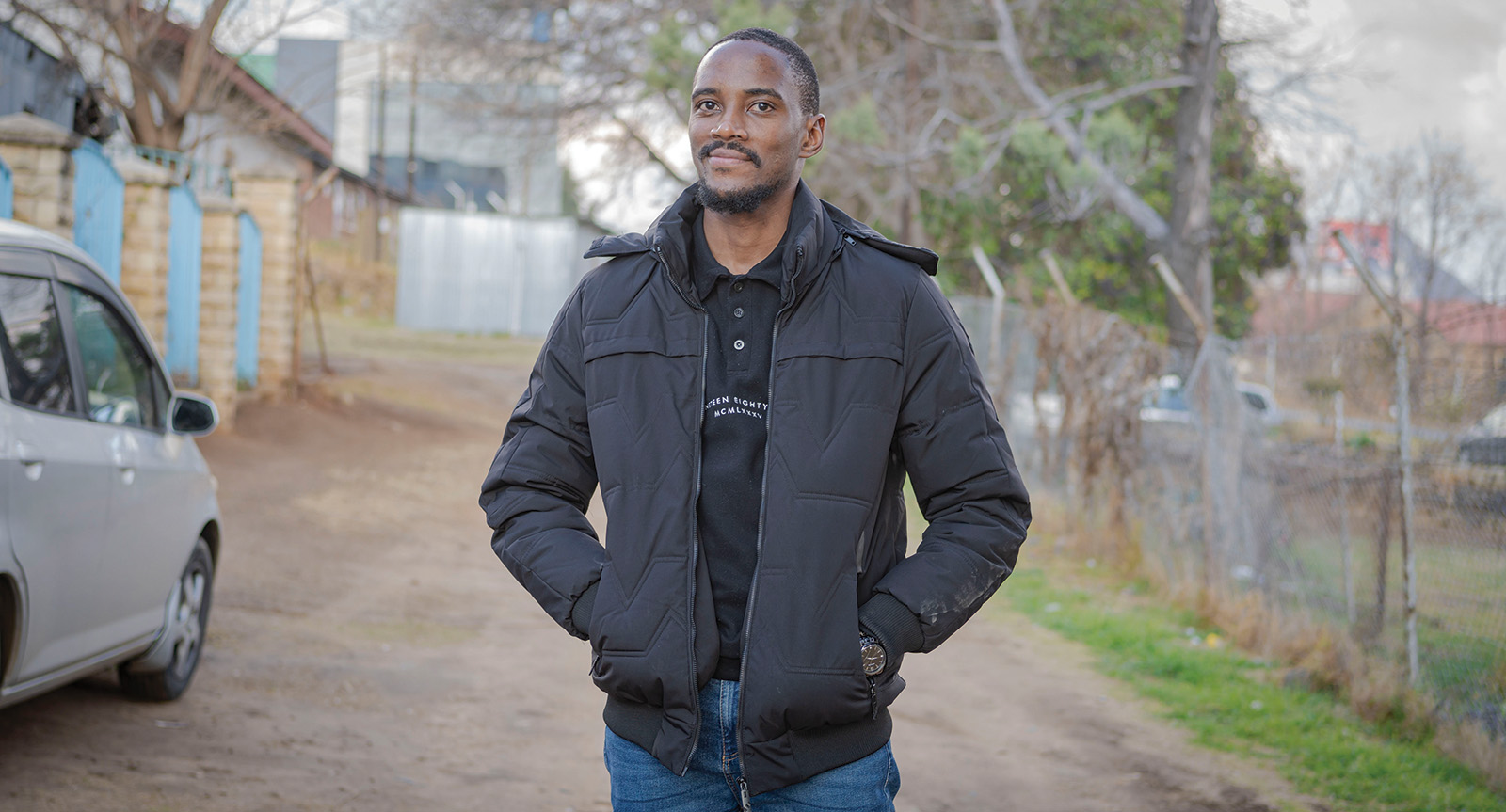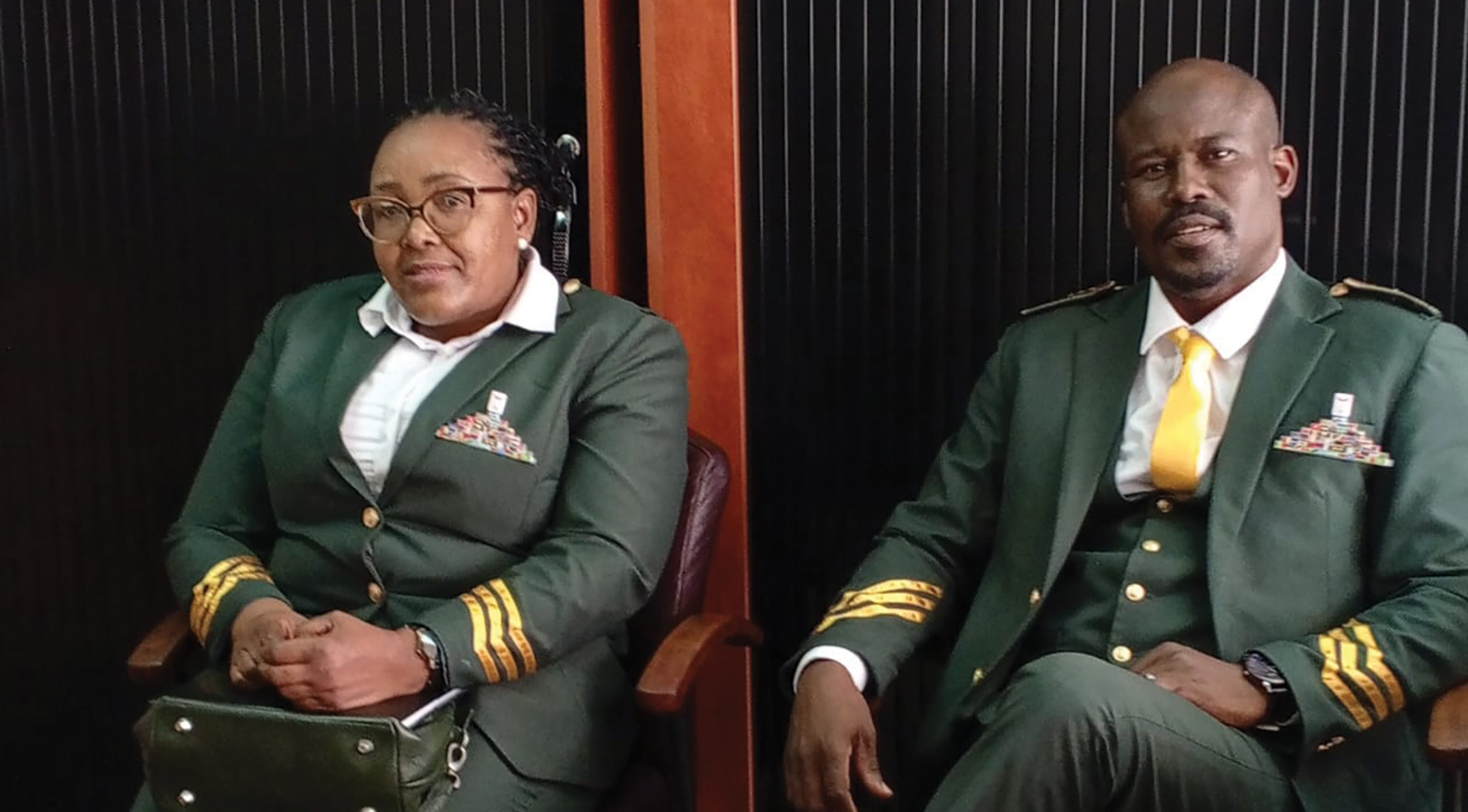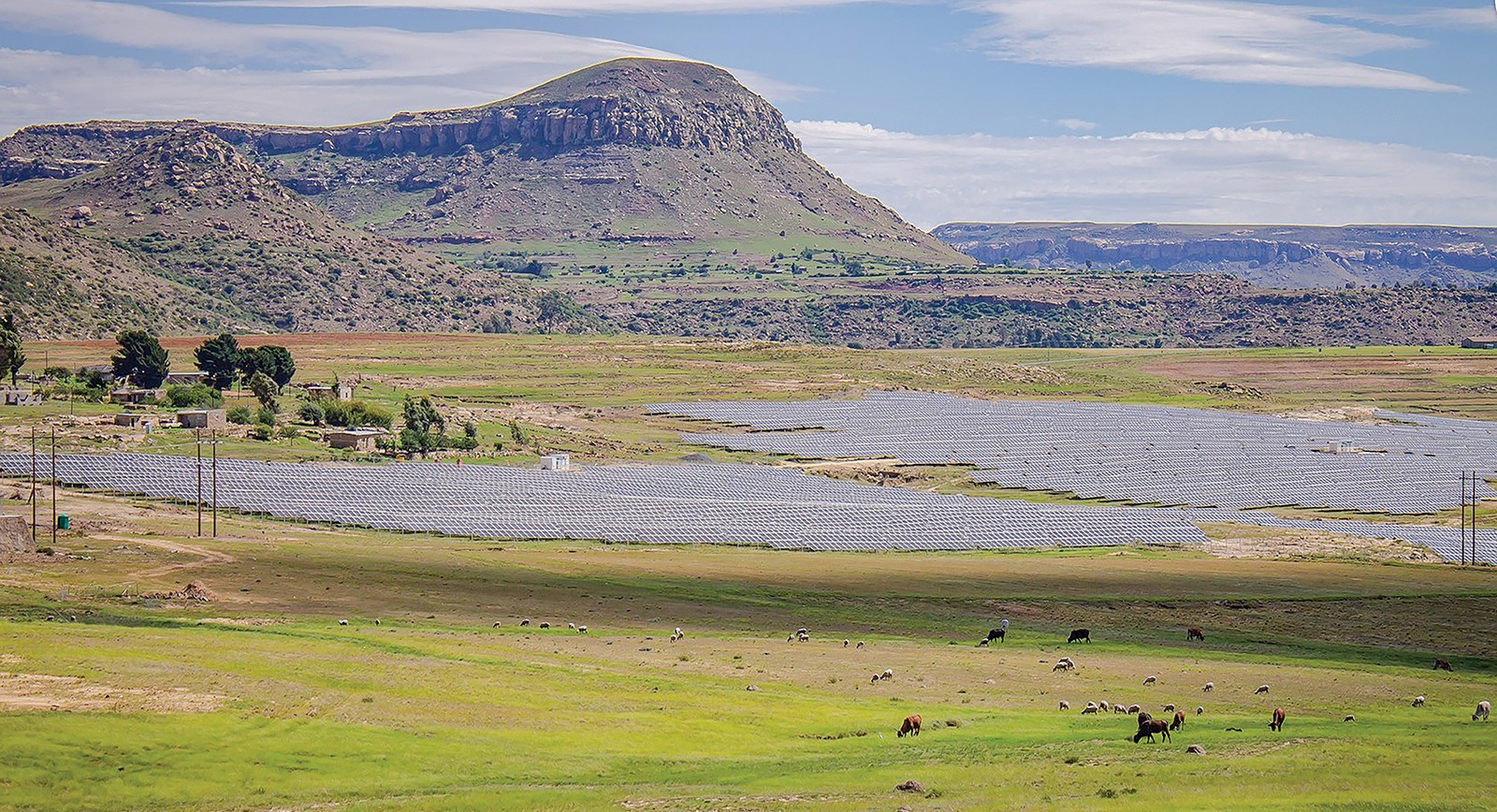Row over M1bn solar deal

SHARE THIS PAGE!
A local energy company has called on the government to scrap the Build-Operate-Transfer (BOT) agreement with a China-owned firm for the M1 billion Ramarothole Solar PV and Energy Storage Project, demanding that a “proper” competitive tendering process be undertaken.
The deal, approved by Cabinet without an open tender, was signed in November last year in China by the Minister of Finance and Development Planning, Dr Retšelisitsoe Matlanyane, on behalf of the Lesotho government.
Under the agreement, China-owned Beijing Jingyuntong Technology (BJT) Co. Limited will develop, construct, and operate a 35MW photovoltaic (PV) solar power plant and a 20MW integrated energy storage system at Ha Ramarothole in Mafeteng.
The protesting company argues that bypassing a transparent bidding process undermines fair competition and risks disadvantaging local energy players.
The cost of electricity generated by the project in the first year of the operation will be set at 2.2 rand/KWh.
The local energy company, Silverstone Pty Ltd, says its bid would have offered a significantly lower price at 67 cents per unit to the Lesotho Electricity Company (LEC) during the same period.
The firm has written a letter to Dr Matlanyane protesting the BOT agreement, demanding that the deal be put aside and a ‘proper’ tendering process undertaken.
It urged that this would allow Basotho owned companies to compete fairly, citing the need for transparency, accountability and support for local entrepreneurship in the country’s energy sector.
The company has given Dr Matlanyane a 30-working day ultimatum to set aside the agreement, failing which it will pursue a legal remedy to challenge the deal.
In an interview with theReporter on Wednesday this week, Silverstone Pty Ltd Director Teboho Tlokotsi noted that the government’s decision to award the contract to the Chinese company without a transparent and competitive tendering process raises serious concerns about its commitment to promoting local businesses and protecting national interests.
Tlokotsi urged the government to level the playing field by opening up the tender process to all interested companies, whether local or joint ventures.
He contended that the allocation of tenders through cabinet decision, rather than public and competitive bidding, creates the perception that ministers may have a personal stake in the outcome, undermining the integrity of the procurement process.
“We want to see a fair and transparent process where all eligible companies can bid for the project based on merit. This would not only ensure that the government gets the best value for its citizens, but also promote local economic development and job creation,” Tlokotsi said.
He noted that by denying Basotho businesses the opportunity to compete for major projects, the government is effectively stripping them of their rightful chance to participate in and contribute to the country’s economic development, thereby stifling local entrepreneurship and economic growth.
“If the government continues to choose foreign companies without giving local businesses a fair chance to bid, its stifles economic circulation and creates an uneven playing field. It’s as if we are competing with the government itself, which is unfair.
“Swift action must be taken to address this imbalance and ensure that local business can participate meaningfully in the country’s development.”
In a letter titled: ‘RE: Build-Operate-Transfer Agreement Between the Government of Lesotho and Beijing Jingyuntong Co Limited’, dated July 10, 2025 and addressed to Dr Matlanyane, Tlokotsi argued that the technology being offered by the foreign company was not unique.
A competitive tendering process was therefore need to allow companies, both local and international, to pitch their proposals, he said.
Tlokotsi indicated that the Mafeteng Solar PV and Energy Storage Project is a significant investment in Lesotho’s renewable energy sector, and any perceived irregularities in the procurement process could undermine public trust and confidence in the government’s efforts to promote sustainable development.
“I’m of the view that this agreement did not follow a fair and open competitive tendering process. As the world is turning towards numerous alternative sources of clean energy, I don’t believe the technology being offered by Beijing Jingyuntong Co Limited is unique to warrant any justification for single sourcing.
“In this regard, I humbly urge you to facilitate the setting aside of this agreement to allow for fair and open competitive tendering method to be followed. This will allow all possible local and international or joint-venture competitors to pitch their proposals and afford the Government of Lesotho to take an informed decision that guarantees value for money,” Tlokotsi said in a letter.
Contacted for comment, Information Officer in the Ministry of Finance and Development Planning, Keneuoe Mojaki, could not respond to questions sent to her by this publication, save to say the ministry’s role in the project was primarily focused on securing funding.
She indicated that all activities under the project were managed by the Ministry of Energy.
On his part, Information Officer in the Ministry of Energy Moselinyane Tau said he was yet to consult his with superiors and would therefore not be able to provide responses at the time of going to print due to a busy schedule, particularly with preparations for a handover ceremony of an electrification project in Mokema today.
In a recent interview with theReporter, former Minister of Energy, Professor Nqosa Mahao, said he was not part of the deal despite being in office during the sighing of the agreement.
Lesotho and BJT have engaged in discussions regarding a renewable energy project in the Mafeteng area covering approximately 40 hectares. The government has expressed its intent to provide the necessary land and financial support, including waivers of certain taxes to facilitate the successful execution of the project.
BJT committed to fully finance, construct and operate the project over a15-year period, after which the project including all related assets will be transferred to Lesotho. The total investment for the project is estimated to be approximately M53 million.
Lesotho’s role is to provide the construction site free of charge and will not charge any fees for the use of the site during the construction and operation of the project.
The government has also committed to ensure favourable business environment for the project and protect the legitimate rights and interests of BJT. It will further deposit five percent of the total project investment as a guarantee.
The government has agreed not claim customs duties and value-added taxes (VAT) in respect of the importation of goods and materials necessary for the construction of the project.
The parties further agreed that when completion of the construction phase is done and completion of 30-day testing period is successful, all relevant taxes, including VAT, customs duties and corporate income taxes, shall become applicable to the project’s operations.
The exclusion for customs duties and VAT will only apply to goods directly imported for the purposes of the project’s construction and does not extend beyond this phase.
The agreement also states that payments for electricity will be settled in United States dollars at the agreed exchange rate and they shall be made every 60 days.




Union fumes over Letšeng layoffs
9 days ago
Row over M1bn solar deal
9 days ago
Fraud-accused RFP MP out on bail
11 days ago
Shelter services expand across Lesotho
11 days ago

